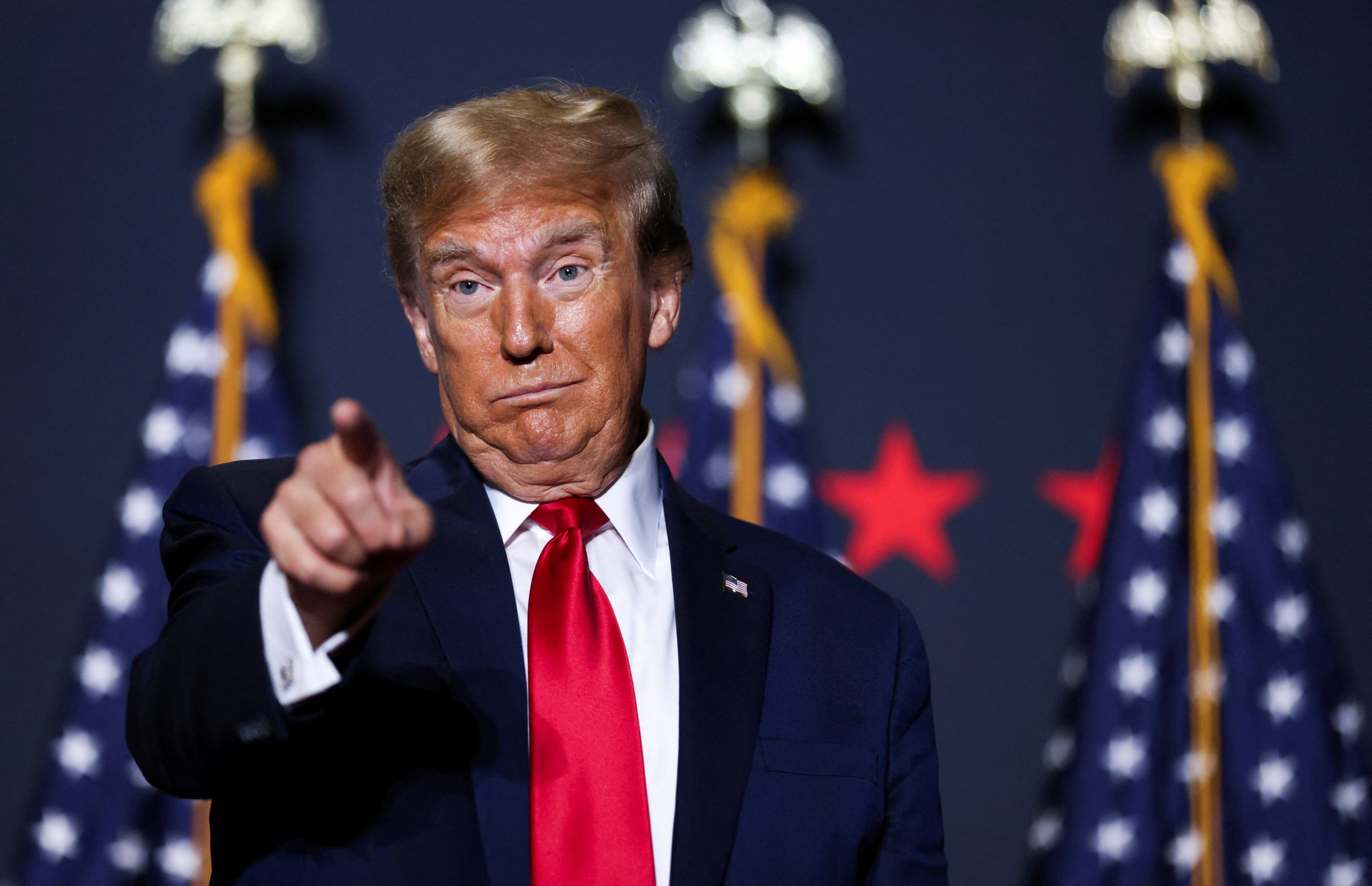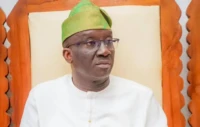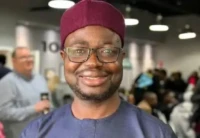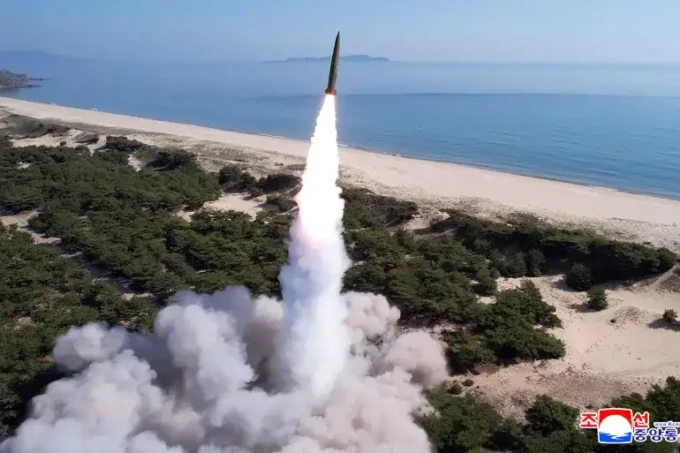Dmitry Peskov, the Kremlin’s spokesman, has revealed that Russian President Vladimir Putin is open to dialogue with the newly inaugurated U.S. President Donald Trump concerning the ongoing conflict in Ukraine. “Putin is ready. We are waiting for signals,” Peskov stated, suggesting a potential pathway to negotiations despite the high tensions caused by the prolonged conflict.
President Trump, who has recently assumed office, has taken a hard stance on Russia, threatening harsher economic sanctions if Moscow does not move towards ending the war in Ukraine. Trump has leveraged his reputation as a deal-maker, proposing economic strategies that include manipulating global oil prices to pressure Russia into peace talks. At the World Economic Forum in Davos, Trump suggested that by lowering oil prices, possibly with the cooperation of Saudi Arabia and OPEC, the conflict could be brought to an immediate halt.
However, this economic approach was met with skepticism by the Kremlin. Peskov refuted the idea that the war was economically motivated, arguing instead that it stemmed from security issues. He stressed that the conflict was not about oil revenues but about “threats to Russia’s national security” and the safety of Russians in Ukraine.
Peskov also pointed out the reluctance of the U.S. and European countries to consider Russia’s security concerns, which he sees as a significant barrier to ending hostilities. He criticized the West for what he perceives as a lack of willingness to listen to Russia’s perspective, contributing to the ongoing conflict.
While the prospect of a meeting between Putin and Trump to discuss Ukraine remains a possibility, Peskov was cautious about predicting the outcomes or timing of such discussions, humorously likening it to the futile act of “reading coffee grounds” for foresight.
This development comes at a time when the international community watches closely, hoping for a resolution to a conflict that has caused significant human suffering and geopolitical tension. The differing strategies and perspectives between the U.S. and Russia highlight the complexities involved in achieving peace in Ukraine, with economic sanctions, oil price manipulation, and security guarantees all playing roles in the intricate dance of international diplomacy.












Leave a comment